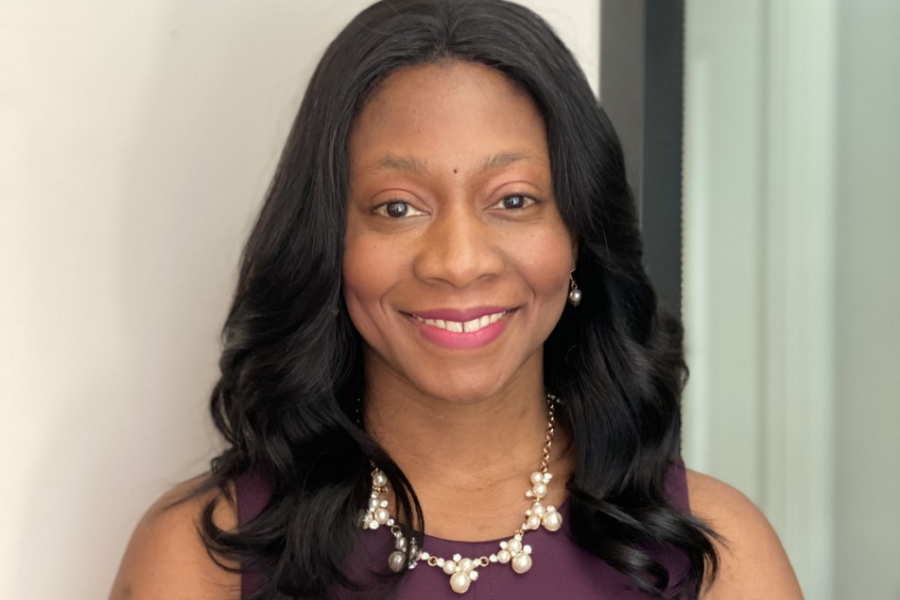COVID-19 public health messages have been all over the place – but researchers know how to do better
During the pandemic, clear and reliable health communication can literally be a life-and-death issue. Researchers who focus on the science of science communication highlight strategies that work.
April 14, 2021 • ~7 min









